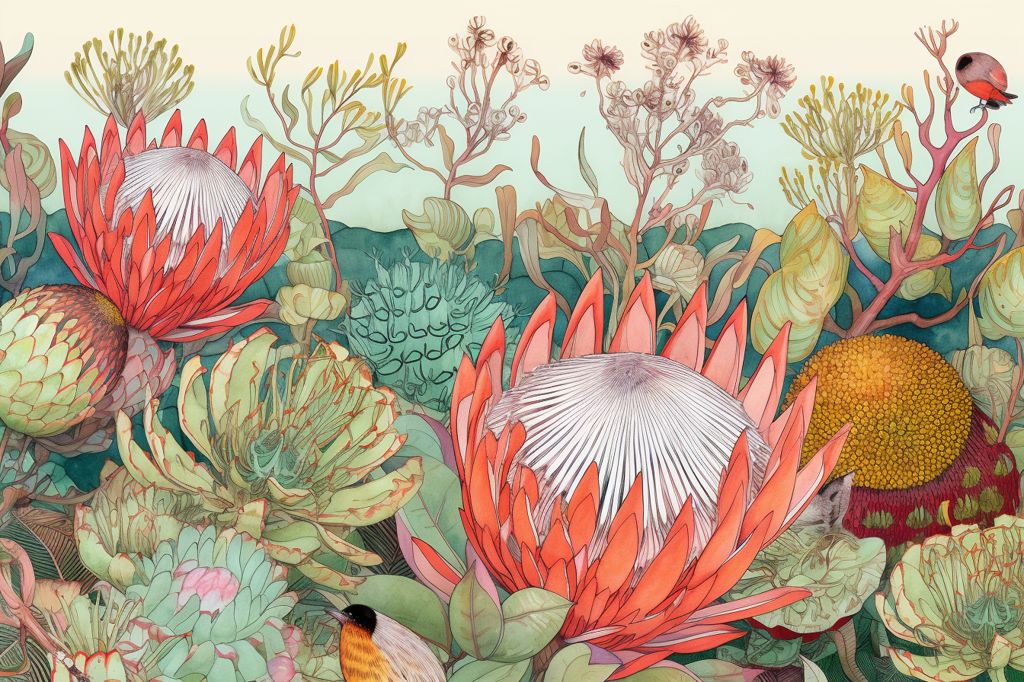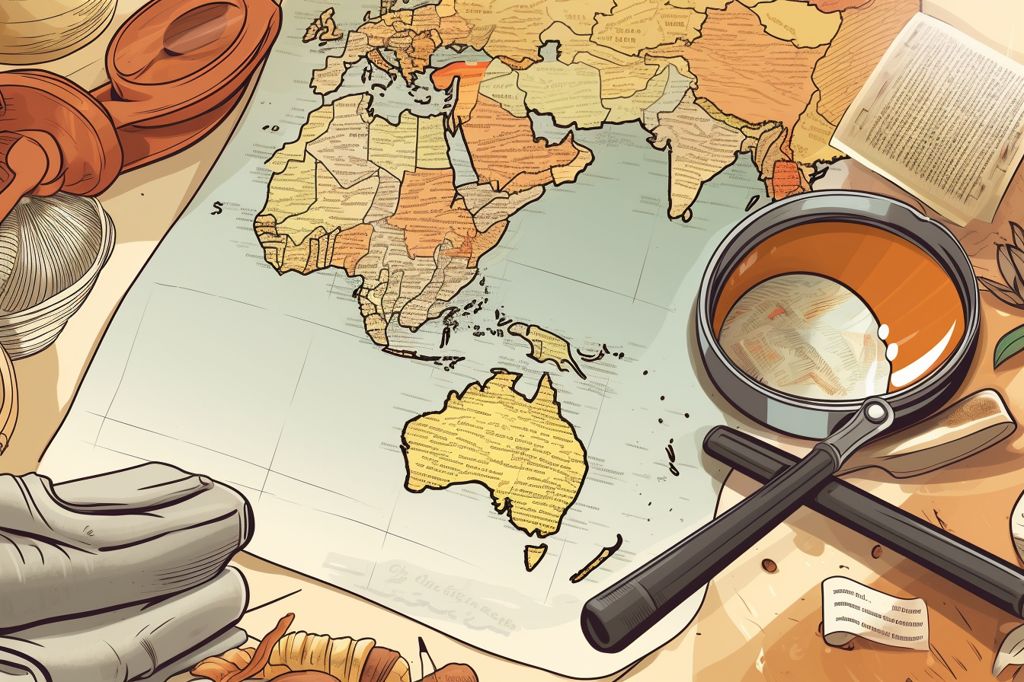The cut-flower export industry is a booming sector in South Africa, worth over R1.7 billion in 2021. Recently, the industry received a significant boost with the announcement of the protection of the name “Cape Flora” and its accompanying logo. This move serves as a crucial step towards establishing a Geographical Indication (GI) for the sector.
What is a Geographical Indication (GI)?
GIs play a pivotal role in identifying goods with specific geographical origins, marked by their unique qualities, characteristics, or reputations. Several South African products, such as Rooibos, Honeybush, and Karoo Lamb, already enjoy registered GI status and international protection.
South Africa’s Cut-Flower Industry: A Dominant Export Market
South Africa is the third-largest exporter of cut flowers in Africa, with the export market dominated by indigenous flora, including proteas, pincushions, and greens. These blossoms are primarily cultivated in the Western and Eastern Cape but are also sustainably harvested from the veld. The Cape Floristic Region, one of the world’s most biodiverse areas, offers astounding species diversity.
The fynbos cut-flower production in South Africa is valued at nearly R1 billion, and approximately 30 million stems are exported from the Western Cape each year. The industry directly employs close to 2500 individuals, predominantly women from rural areas.
South African Cut-Flowers in Global Markets
The European Union dominates as the main market for South African cut-flower exports, accounting for 67% of total exports. However, recent years have witnessed an uptick in exports to the Middle and Far East, constituting a combined 24% of exports.
In the global cut-flower market, South Africa is considered a pioneer and leader in fynbos production, despite competition from countries like Australia, Israel, and Ecuador.
Protecting and Promoting South Africa’s Cut-Flower Trade
Minister Patel stressed the significance of protecting the Cape Flora name and logo, remarking that the industry has the potential to grow and expand further. The international recognition provided by Cape Flora’s protection will ensure that South Africa’s unique products and quality standards are easily distinguished, whether at a wedding in Japan or an office in the UK.
The journey towards securing a GI for the Cape Flora name and logo is just beginning, and the industry is actively considering the next steps. The approval of Cape Flora SA’s application marks a critical milestone in the protection and promotion of South Africa’s cut-flower trade, which not only contributes significantly to the nation’s economy but also preserves its rich biodiversity and cultural heritage.








